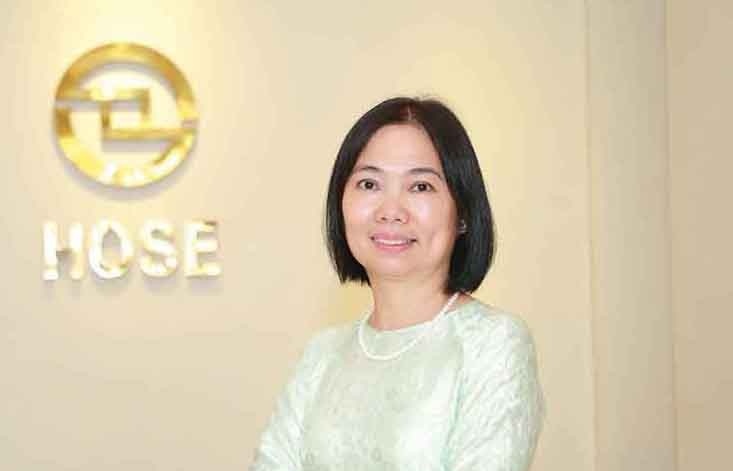Watchdog needs to come to party
 The schedule, actually a list of State Securities Commission’s (SSC) work “until this year’s end and for 2012”, includes a series of projects, legal documents and other works that the watchdog is busying itself with.
The schedule, actually a list of State Securities Commission’s (SSC) work “until this year’s end and for 2012”, includes a series of projects, legal documents and other works that the watchdog is busying itself with.
First cab off the rank in the work schedule is a regulations confiscating traders’ illegal earnings, on lifting standards for share issuance and listing, and some circulars on market participants’ operations.
These are to be completed this quarter and in the first quarter of 2012. Open-ended funds and depository receipts will be introduced early next year. But the plans do not outline any measures to tackle the local market’s current ongoing problems, namely strained liquidity and increasing bad debts among brokerage firms.
Market participants are making urgent calls for the SSC to intensify efforts to exclude stock investors’ money from brokerage firms’ funds, and to disclose actual financial health of those firms. Meanwhile, brokerages are increasingly asking the watchdog to disclose figures of outstanding margin loans for each stock so they can evaluate risks of each stock and to manage their bad debts.
Indeed, a project to restructure brokerage firms, which aims at boosting the financial health of those firms has been put forward by the SSC. However, the project has a long-term timetable with work stretching to 2015. Only in 2013 will the weak firms be classified and their financial health likely to be published, according to SSC’s chairman Vu Bang. “The work [disclosing information about brokerages’ financial health] must be carried out step-by-step, and not hastily,” said Bang.
Previously, responding to the rallying calls for the measures to enhance market’s safety, the regulator said it “would consider” disclosing to the public outstanding margin loans, but added that all legal regulations needed at least six months to one year to be revised.
The agency also admitted that it was difficult to thoroughly implement rules aimed at separating investors’ money from brokerages’ funds at the moment, although the rule had been active for the last three years.
“They (the SSC) brought out the strategies for developing the market in the medium and long-term and a restructuring project, but failed to specific measures to support the market right now,” said Nguyen Hoang Hai, general secretary for the Vietnam Association of Financial Investors (VAFI).
“There are several measures it can implement,” Hai added, emphasising looming risks stemming from weak brokerages.
“Which firms have few funds and how much do they have? The watchdog must name them so investors can avoid [them].”
Do Van Trac, chairman of the Club of Listed Organisations, said: “The securities market is all about confidence but confidence is falling. Whatever policies they map out, they should regain the market’s confidence.”
In the medium-term, the SSC said it was finalising a specific tax regime for specific investment fund models, and accounting regulations for securities investment funds. It also said it was introducing new fund models, extending transaction times and establishing credit rating agency next year.
Evaluating the working schedules, Hai described the market support measures as “scattered without a methodical policy”.
What the stars mean:
★ Poor ★ ★ Promising ★★★ Good ★★★★ Very good ★★★★★ Exceptional
 Tag:
Tag:
Related Contents
Latest News
More News
- The promotion of ESG via banking (November 21, 2024 | 09:32)
- Standard Chartered committed to Vietnam’s financial success (November 21, 2024 | 09:24)
- Full ESG adoption the priority for Agribank (November 21, 2024 | 09:07)
- Banks entice youth with tech advances (November 21, 2024 | 08:00)
- Banks shaping the future as business advisors (November 20, 2024 | 21:00)
- ESG represents a shift towards sustainability for banks (November 20, 2024 | 13:00)
- GGGI supports Vietcombank’s debut of $80 million green bonds (November 20, 2024 | 11:20)
- SHB and the ESG journey: creating social value in every step (November 19, 2024 | 15:00)
- Banking sector contributes to ESG, green growth, and sustainable development (November 19, 2024 | 14:42)
- ESG implementation in banking: from awareness to action (November 19, 2024 | 12:08)























 Mobile Version
Mobile Version